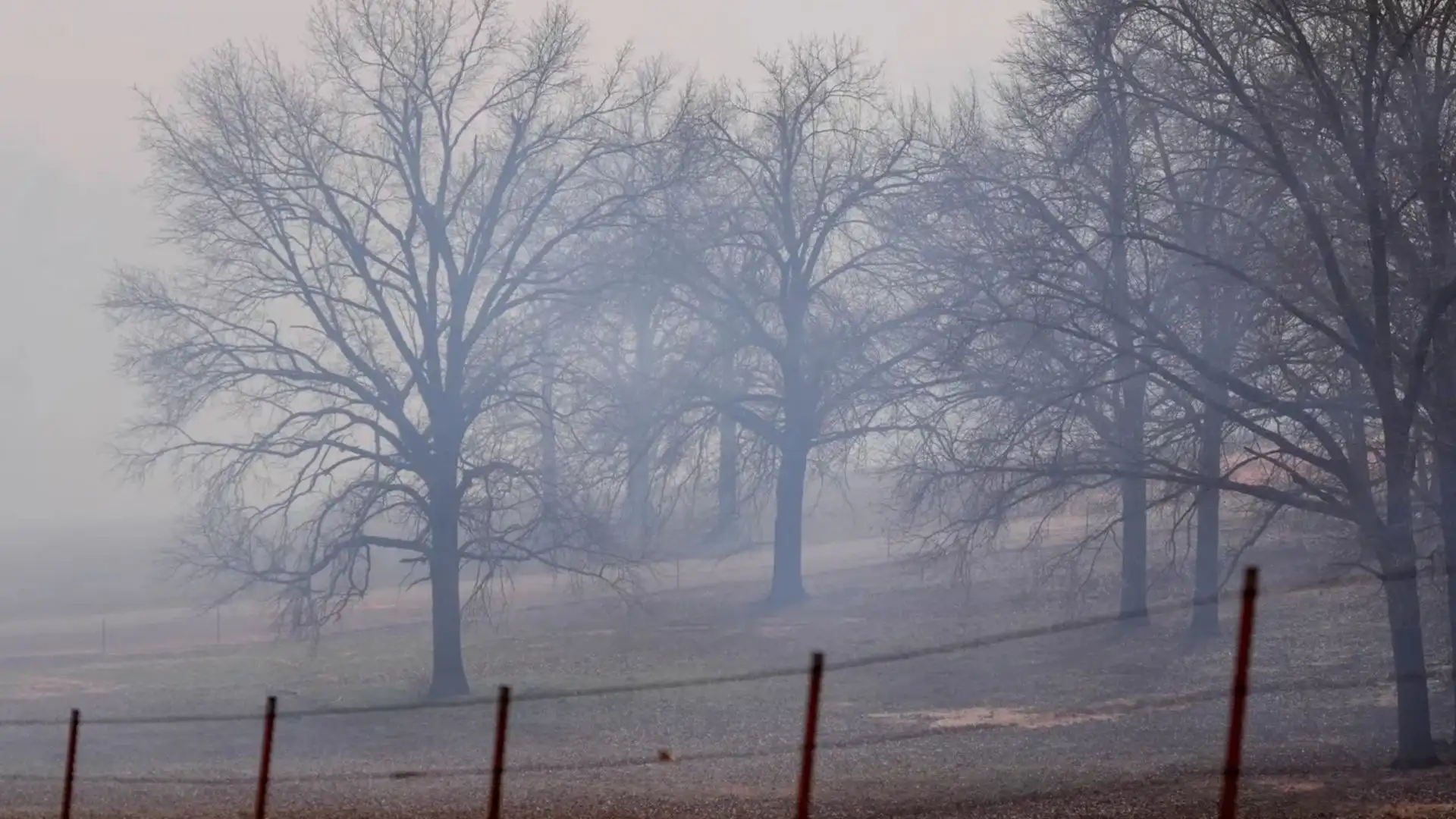The United Nations Children’s Fund (UNICEF) has issued a dire warning regarding the health risks that 11 million children face in Pakistan’s Punjab province due to extreme air pollution levels. Describing pollution as having become a “fifth season” in the region, experts highlight that the toxic smog has severely impacted residents since last month. Lahore, Pakistan’s cultural capital, along with 17 other districts, has been shrouded in dense, hazardous smog, leading to a surge in respiratory illnesses. Health authorities report that over 40,000 people have sought treatment for pollution-related ailments.
UNICEF Calls for Urgent Action to Protect Children
In a statement released on Monday, November 11, 2024, Abdullah Fadil, UNICEF’s representative in Pakistan, emphasized the urgent need for the government to tackle the severe air pollution crisis, particularly for the 11 million children under the age of five. Fadil called for immediate, intensified efforts to mitigate pollution levels that have now reached historic highs.
“Prior to these record-breaking levels of air pollution, about 12 per cent of deaths in children under 5 in Pakistan were due to air pollution,” Fadil noted. “The impact of this year’s extraordinary smog will take time to assess, but we know that doubling and tripling the amount of pollution in the air will have devastating effects, particularly on children and pregnant women.”
Fadil’s concerns echo growing fears about the long-term health implications of the current crisis. UNICEF warns that such high levels of pollution not only exacerbate respiratory and cardiovascular diseases but also pose significant risks to child development, which can lead to chronic health issues in the future.
Punjab’s Emergency Measures to Safeguard Public Health
In response to the worsening air quality, the Pakistani government has implemented emergency measures across Punjab to reduce exposure to the toxic air. Schools in affected areas have been closed until November 17 to minimize children’s exposure to outdoor pollution. Authorities have also ordered the closure of public parks and museums for a 10-day period, urging residents to avoid unnecessary travel and remain indoors as much as possible.
The Environmental Protection Department of Punjab reported on Monday that Multan has been experiencing the highest levels of pollution, with its Air Quality Index (AQI) reading around 800—a level deemed extremely hazardous. According to global health standards, an AQI above 300 is considered highly dangerous for human health, making the current situation in Punjab one of grave concern.
Government Considers Additional Strategies to Combat the Smog
While schools and public spaces are temporarily closed, the government is exploring further methods to alleviate the pollution crisis. Face masks have been made mandatory in several areas; however, compliance remains inconsistent. The authorities are also researching the feasibility of artificial rain, a measure that has been used in other countries to help disperse smog by temporarily improving air quality through rainfall.
Experts warn that while artificial rainfall may provide short-term relief, a long-term solution will require substantial policy changes. Industrial emissions, vehicle exhaust, and agricultural stubble burning contribute heavily to the pollution problem. Environmental experts urge the government to address these root causes to prevent recurring smog crises, especially during the winter months when cold air traps pollutants close to the ground.
A Devastating Toll on Children’s Health
UNICEF’s concerns center around the heightened vulnerability of children, particularly those under five. Air pollution is a major risk factor for respiratory diseases, with children facing a greater risk due to their developing respiratory systems. The high levels of particulate matter, especially PM2.5, can penetrate deep into the lungs and bloodstream, potentially causing long-term health effects such as asthma, cognitive impairments, and stunted growth. Pregnant women are also at high risk, with studies showing a correlation between pollution exposure and adverse birth outcomes, including low birth weight and premature delivery.
Pakistan’s healthcare providers are witnessing a sharp rise in cases of respiratory infections, asthma exacerbations, and other pollution-related illnesses, particularly in younger populations. Over 40,000 people have sought medical attention for breathing difficulties, with pediatric wards seeing a notable influx of children suffering from pollution-induced conditions.
Punjab’s Battle with Pollution
The smog crisis in Punjab underscores the urgent need for comprehensive strategies to tackle air pollution on a national scale. While emergency measures like school closures and face mask mandates help mitigate immediate health risks, environmentalists stress that structural reforms are essential to address the underlying causes of pollution. Key solutions include stricter emission regulations for industries, promoting cleaner transportation options, and discouraging crop stubble burning through incentivized alternatives for farmers.
The current situation highlights the challenges Pakistan faces as it balances economic growth with environmental sustainability. As air pollution increasingly becomes a “fifth season” for Punjab, experts warn that without decisive action, similar health emergencies may become an annual occurrence, placing millions of vulnerable residents—especially children—at continuous risk.
UNICEF’s Call to Action for Sustainable Change
The UNICEF representative in Pakistan has urged both the government and international organizations to prioritize resources and initiatives aimed at reducing air pollution in the country. By investing in cleaner technologies, enforcing stricter environmental regulations, and raising public awareness, Pakistan can work toward protecting its citizens from the devastating effects of air pollution.





















